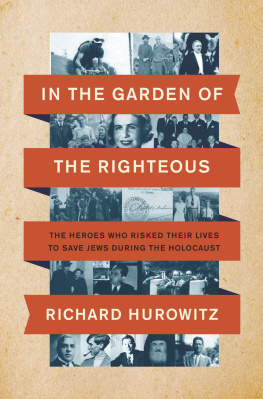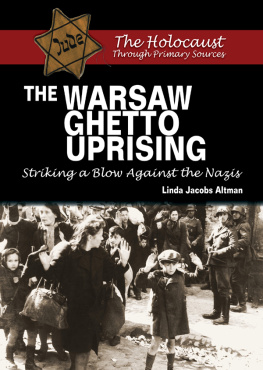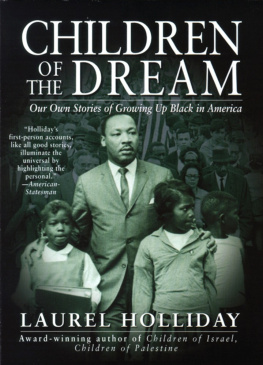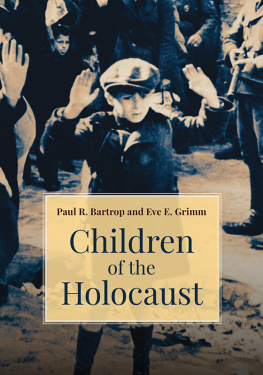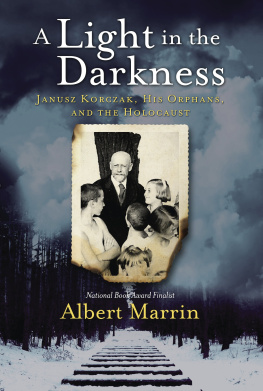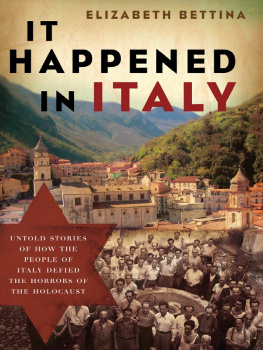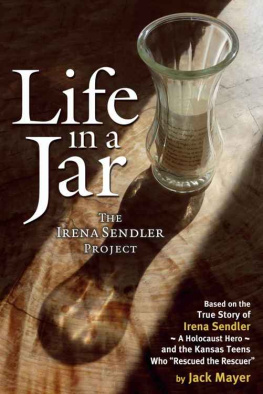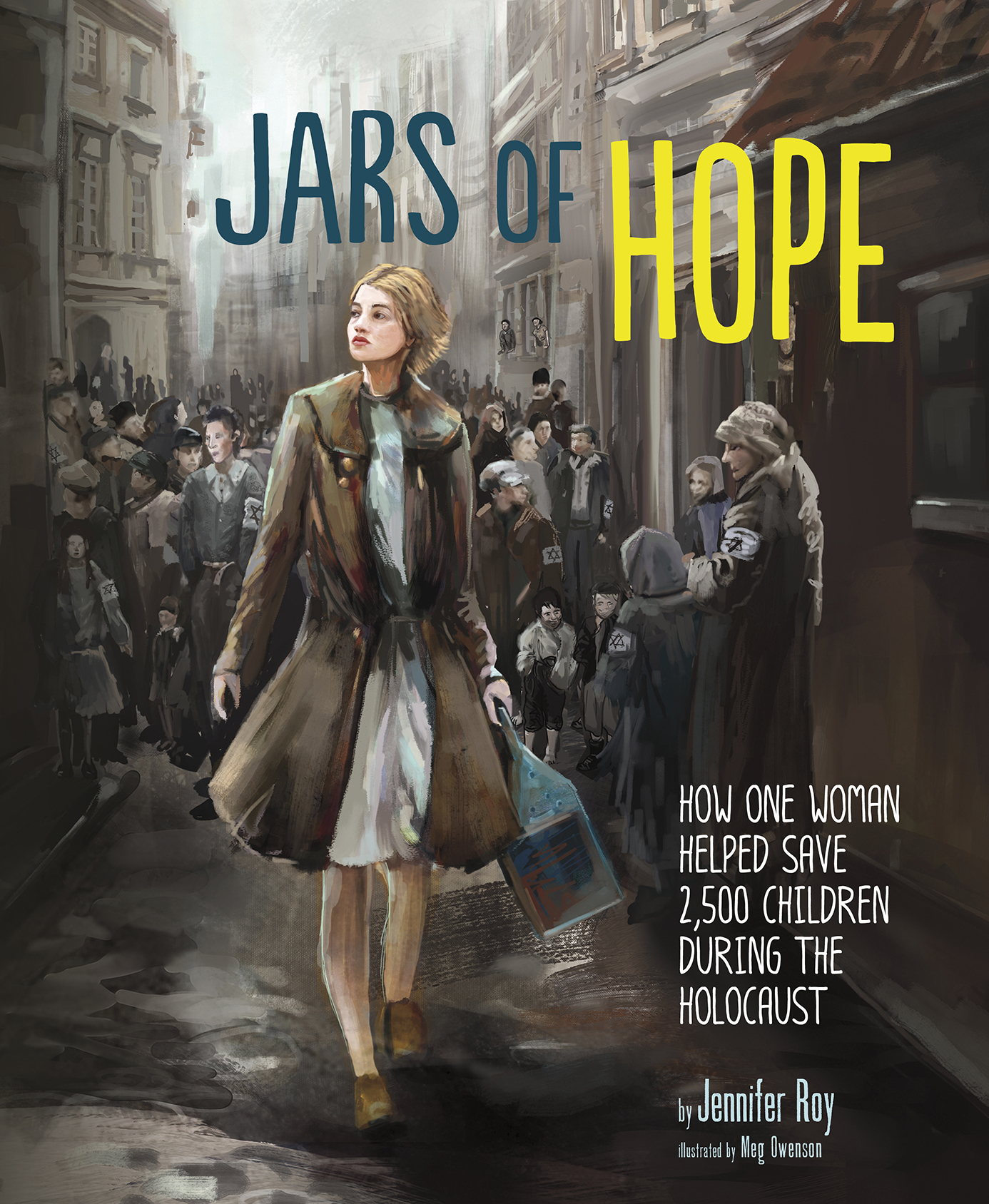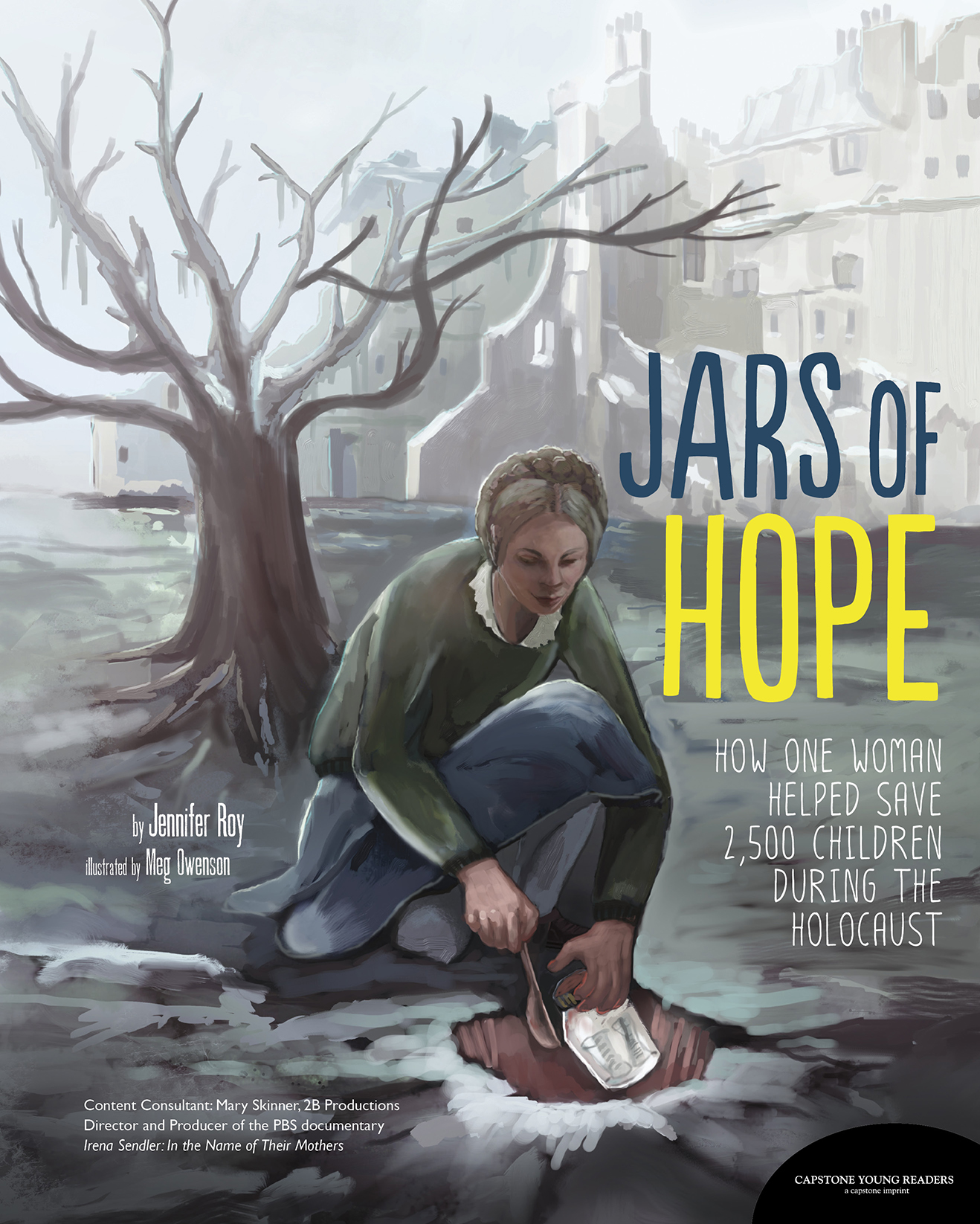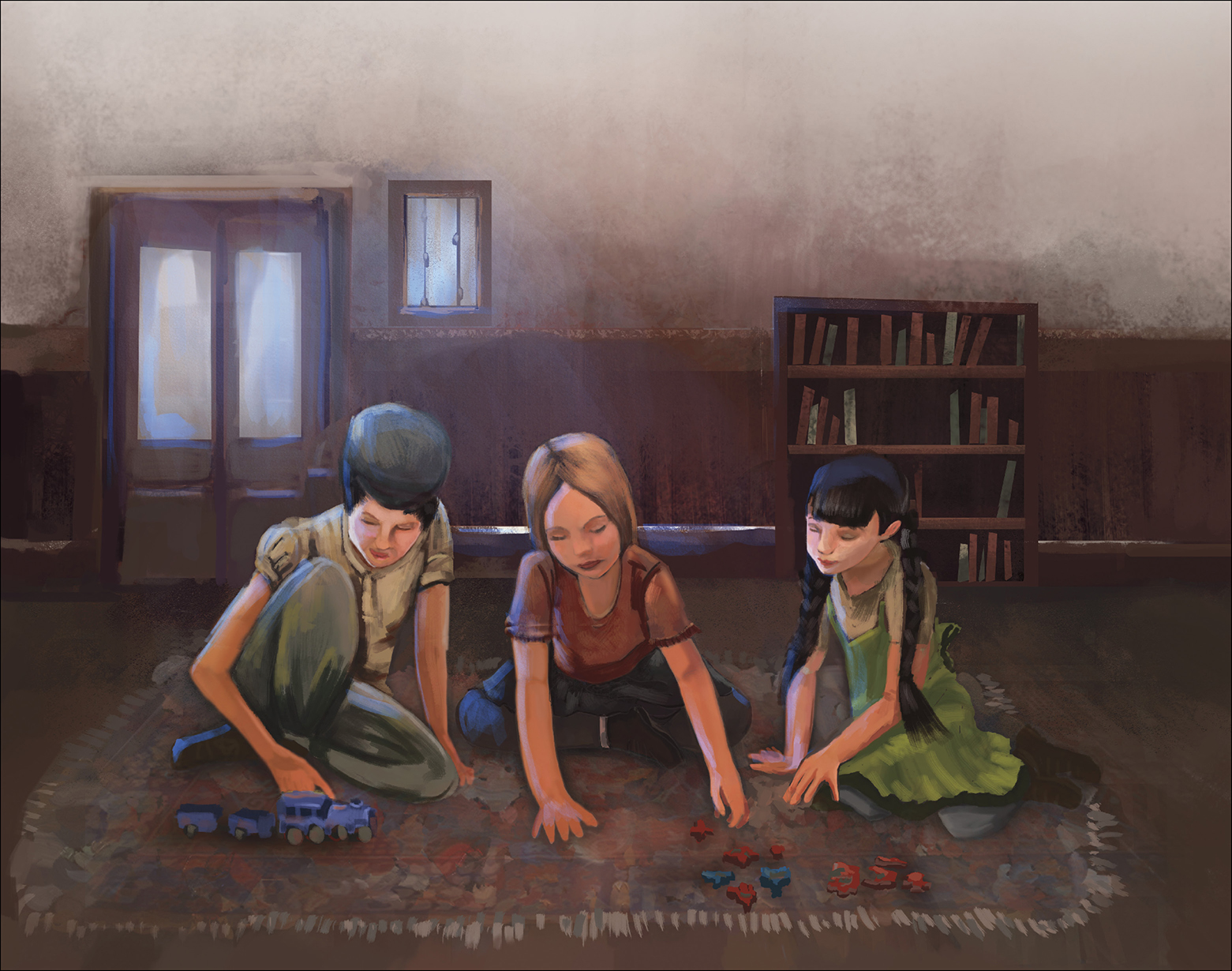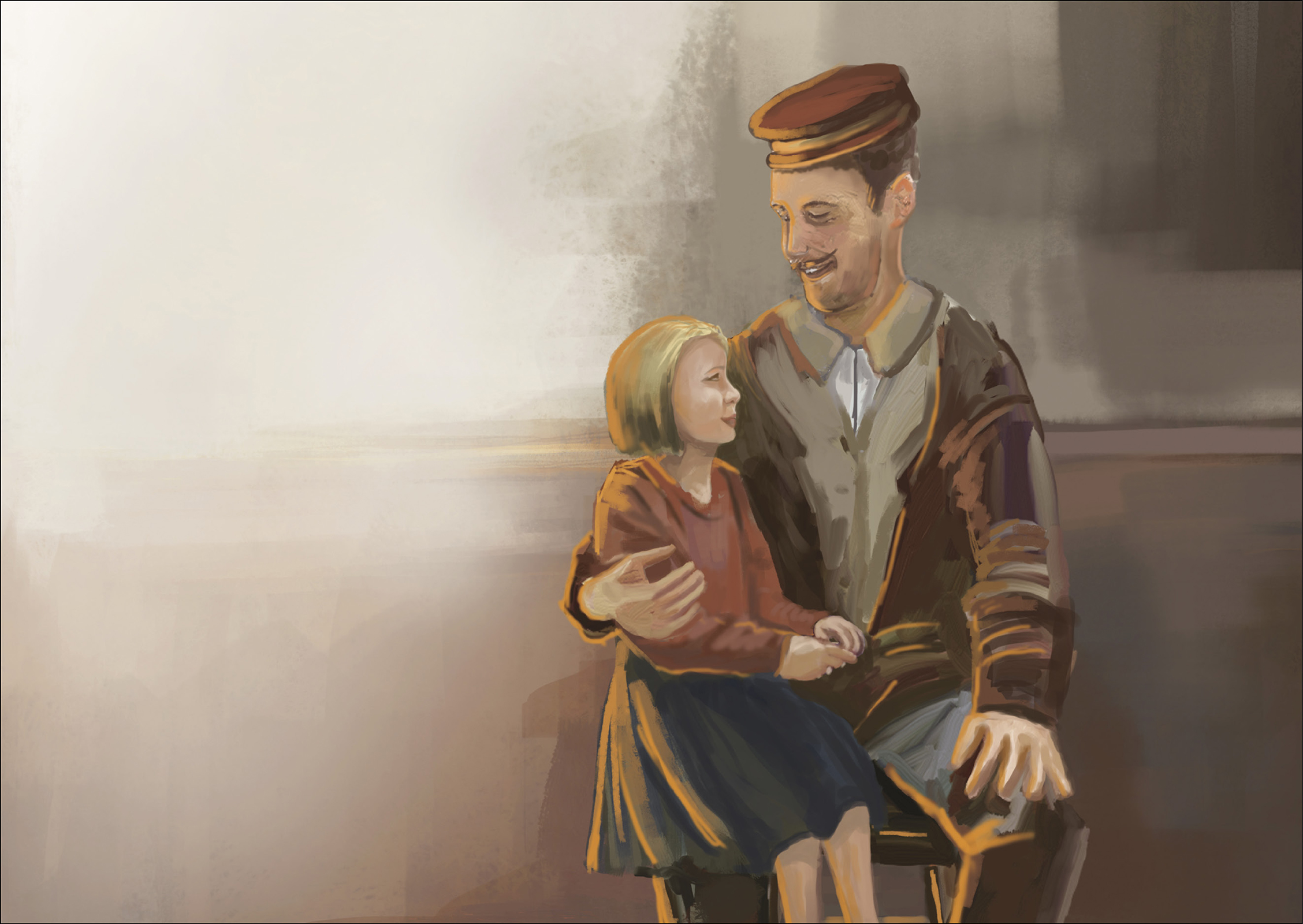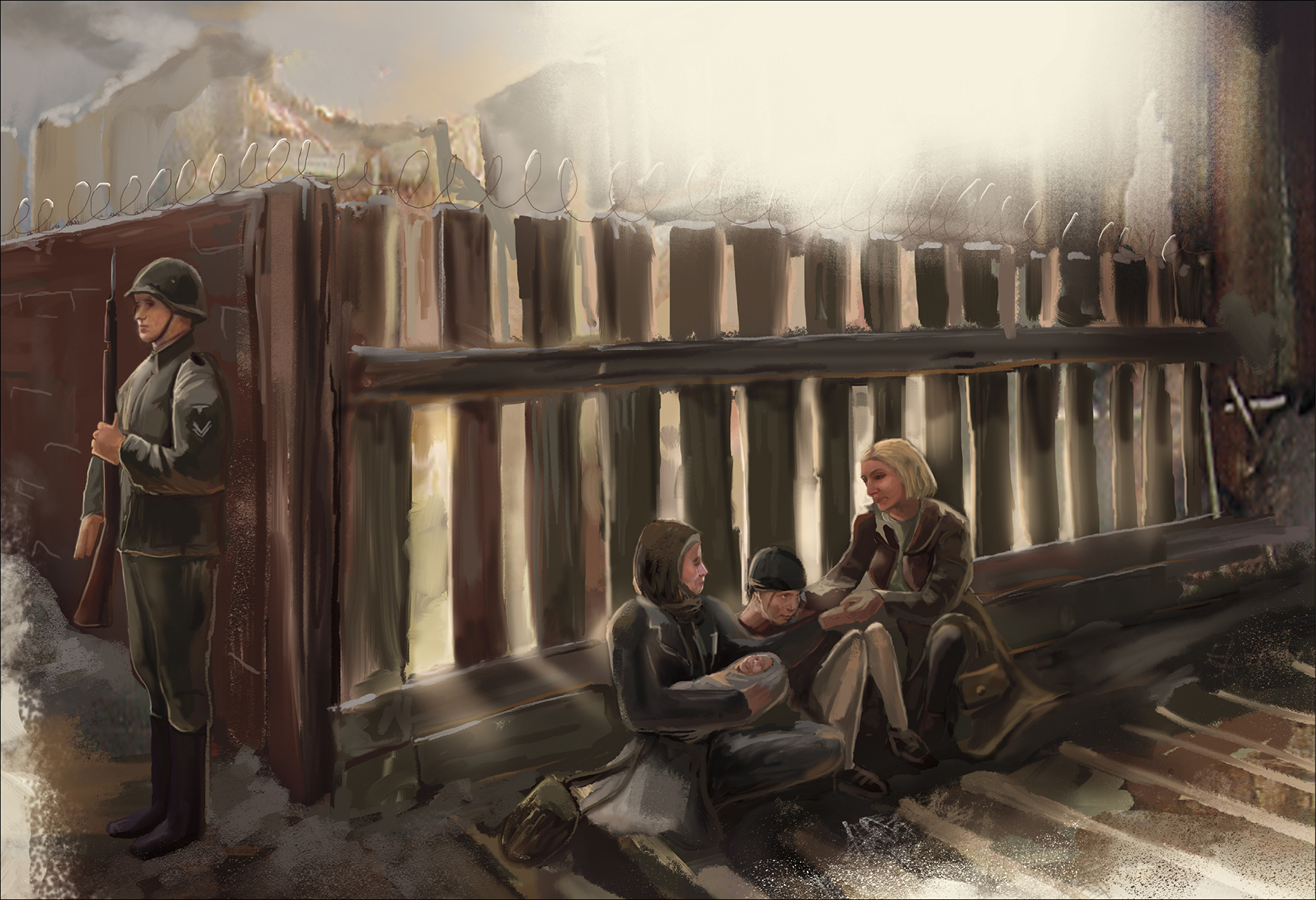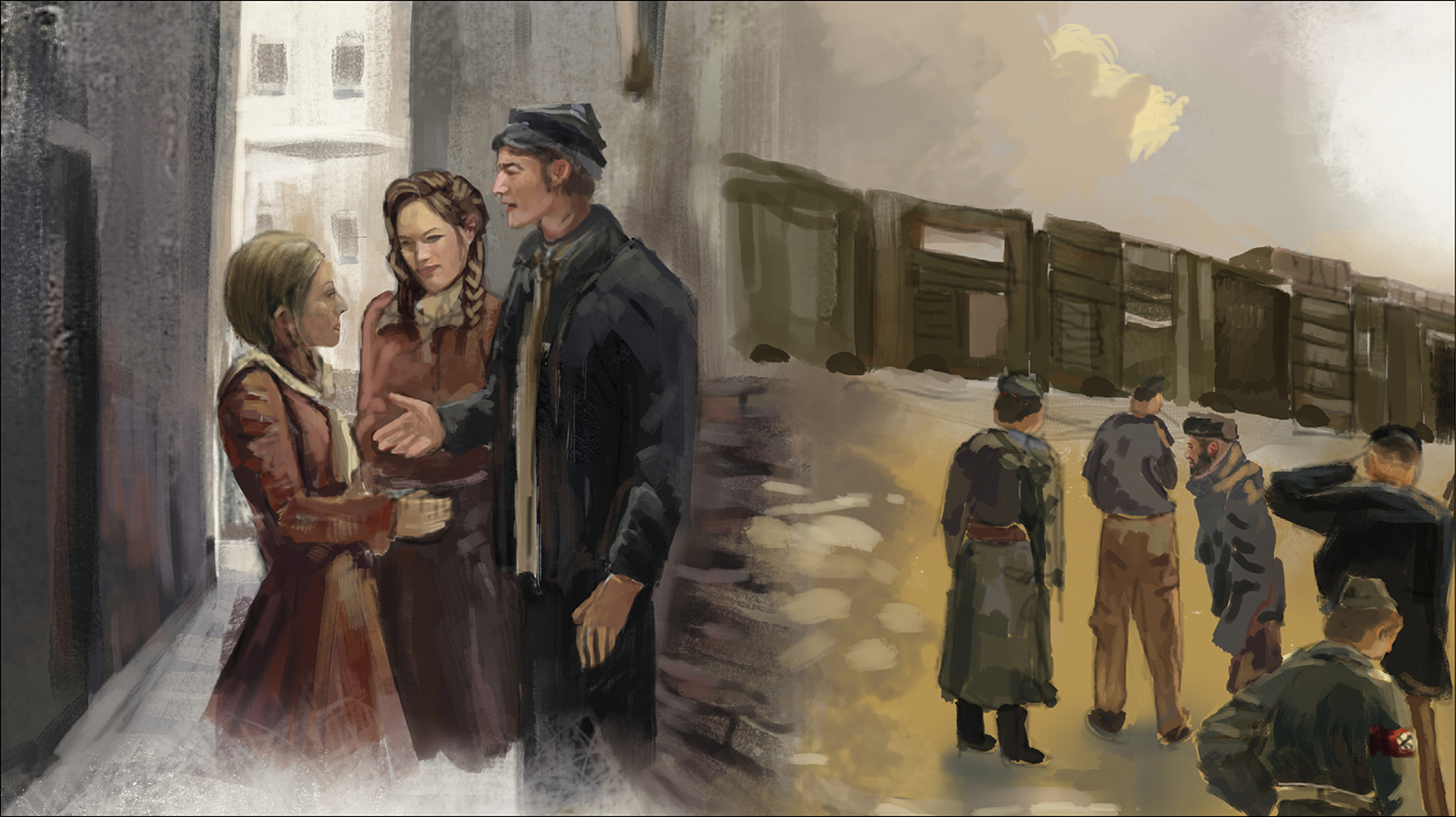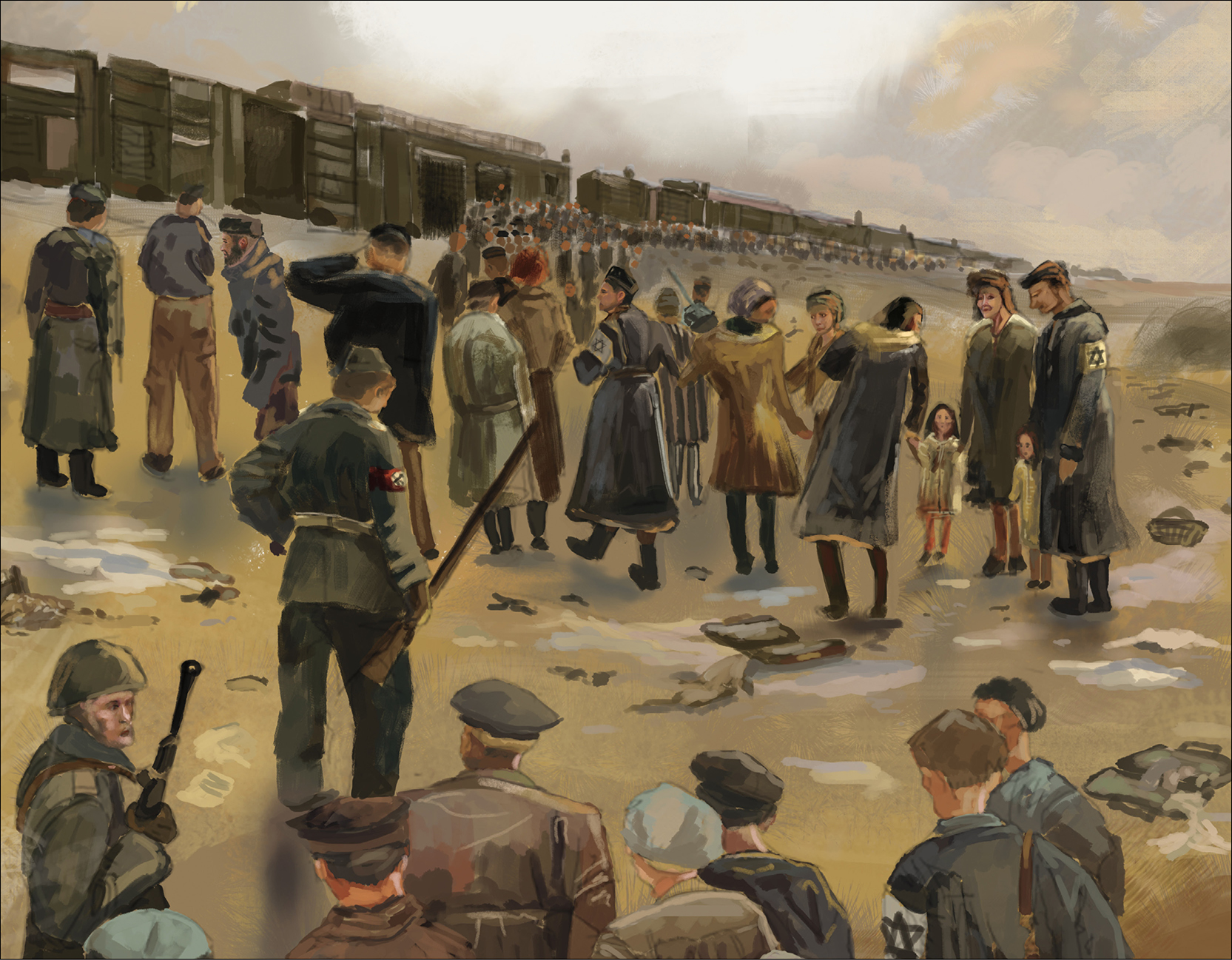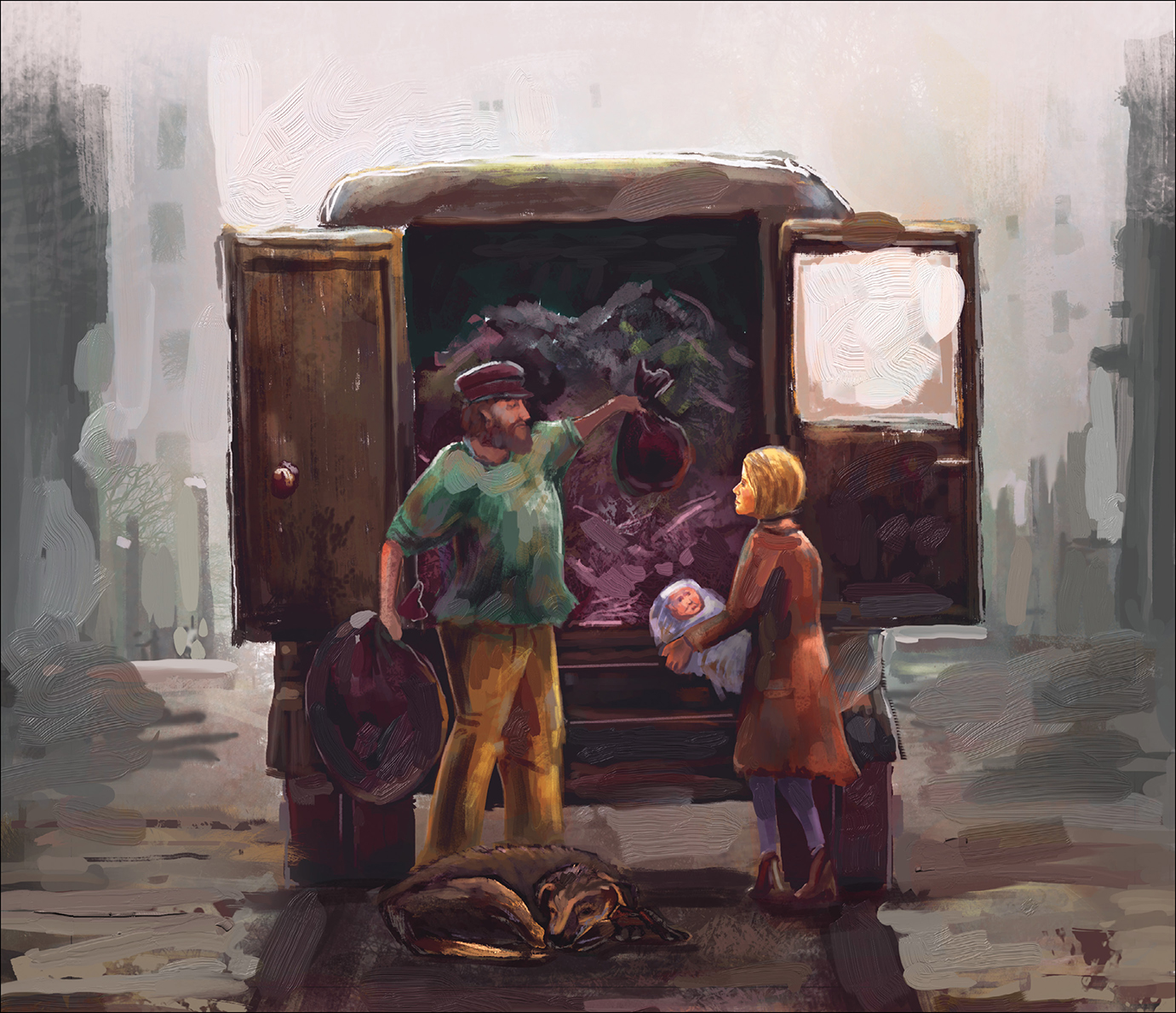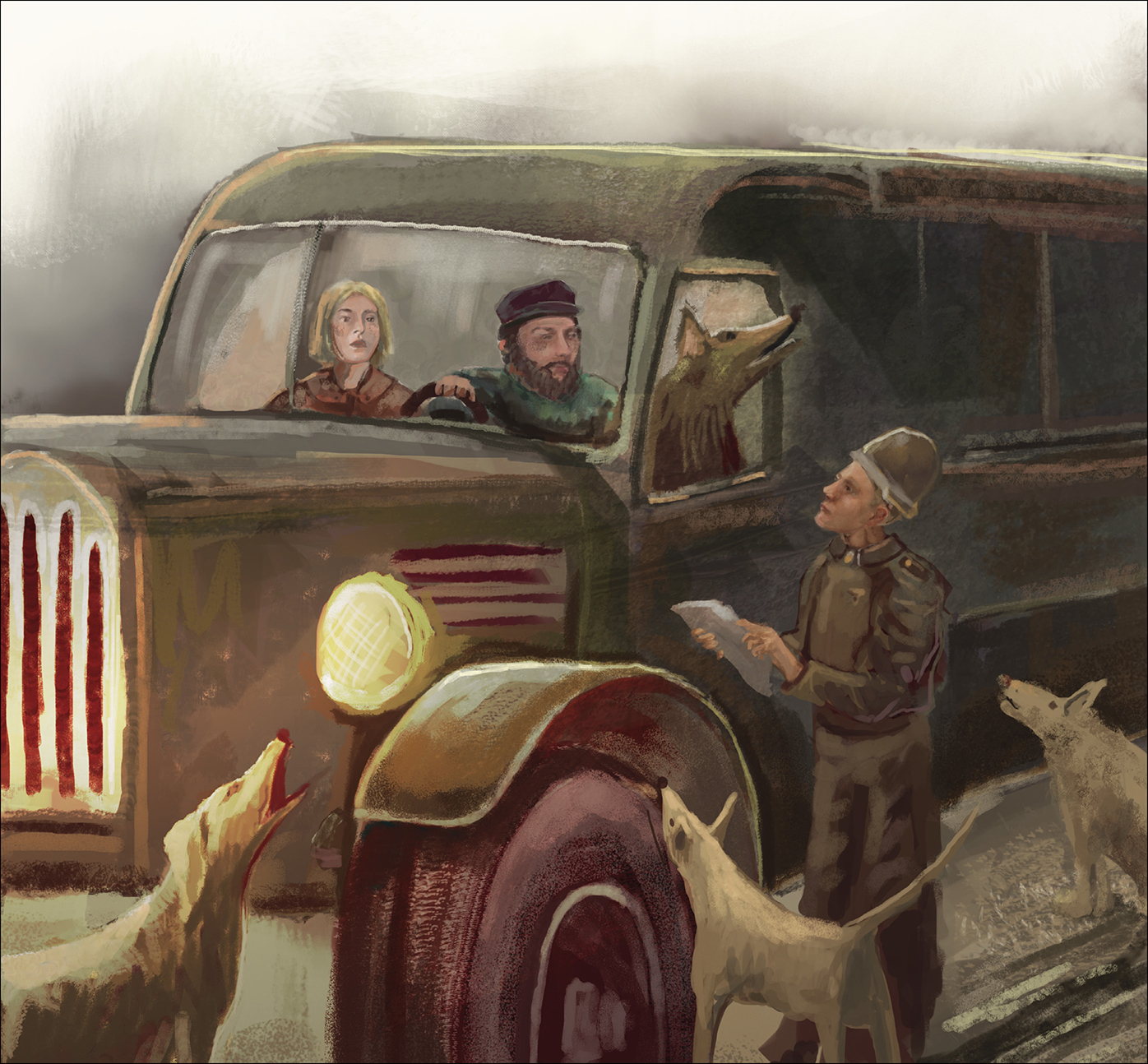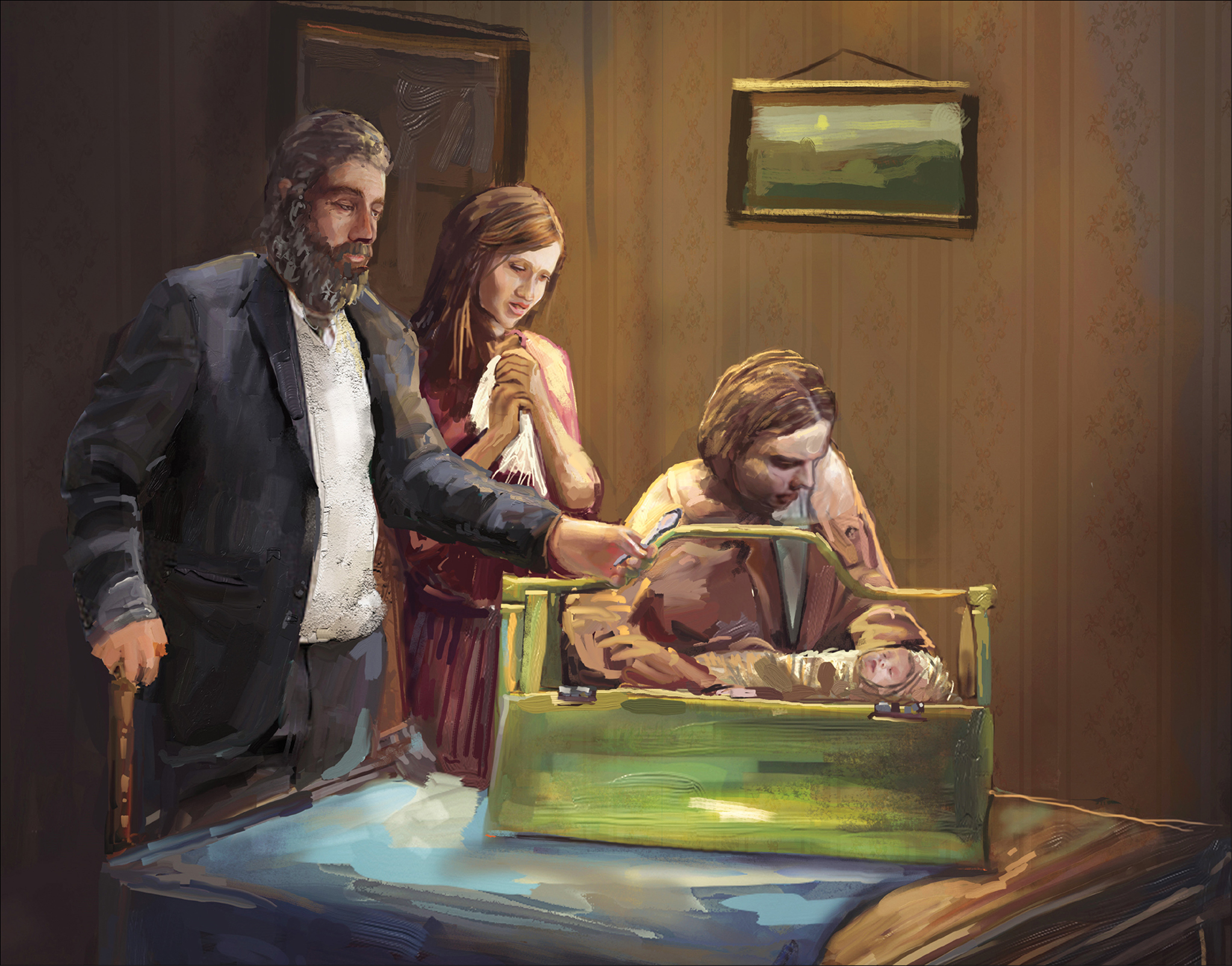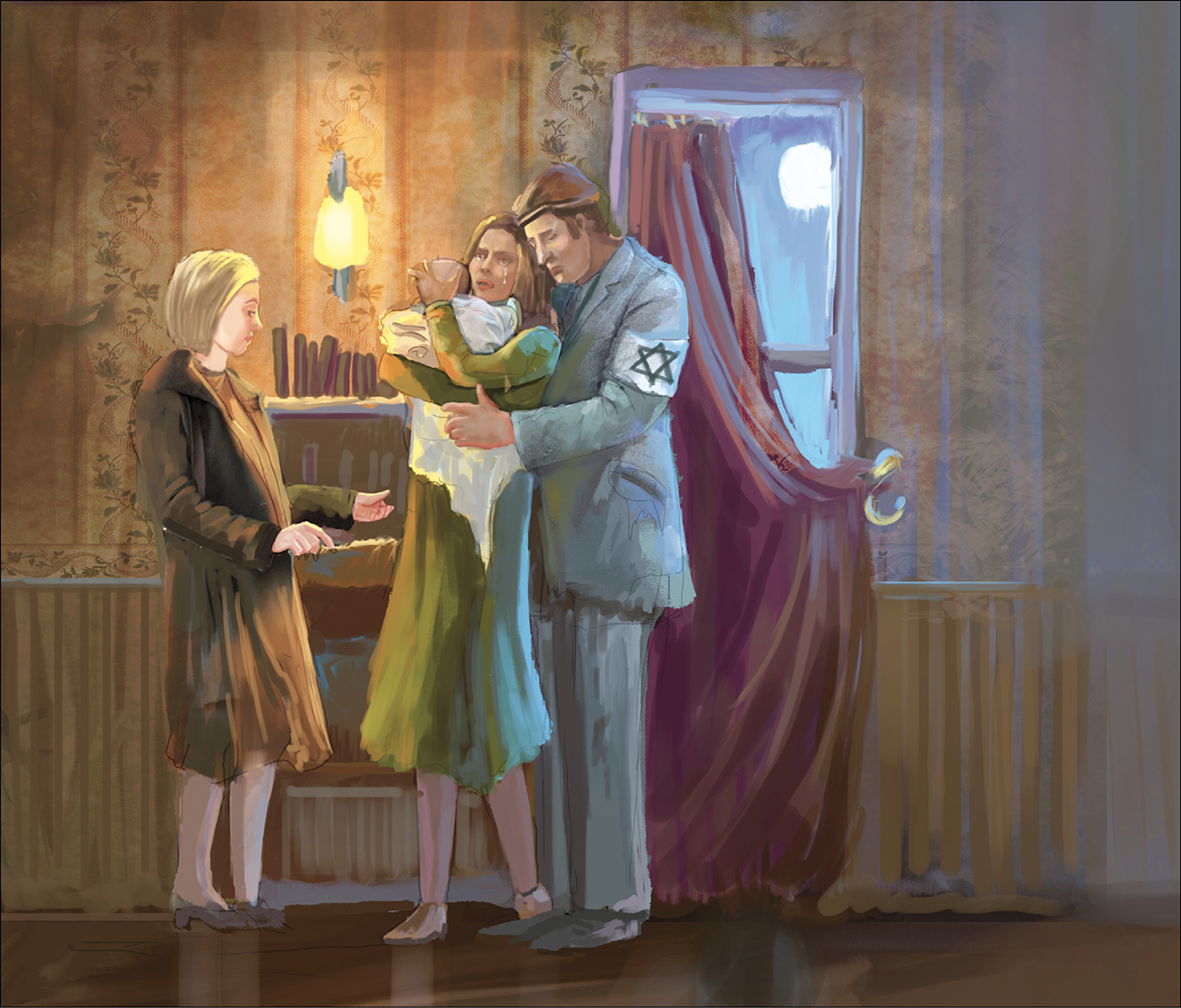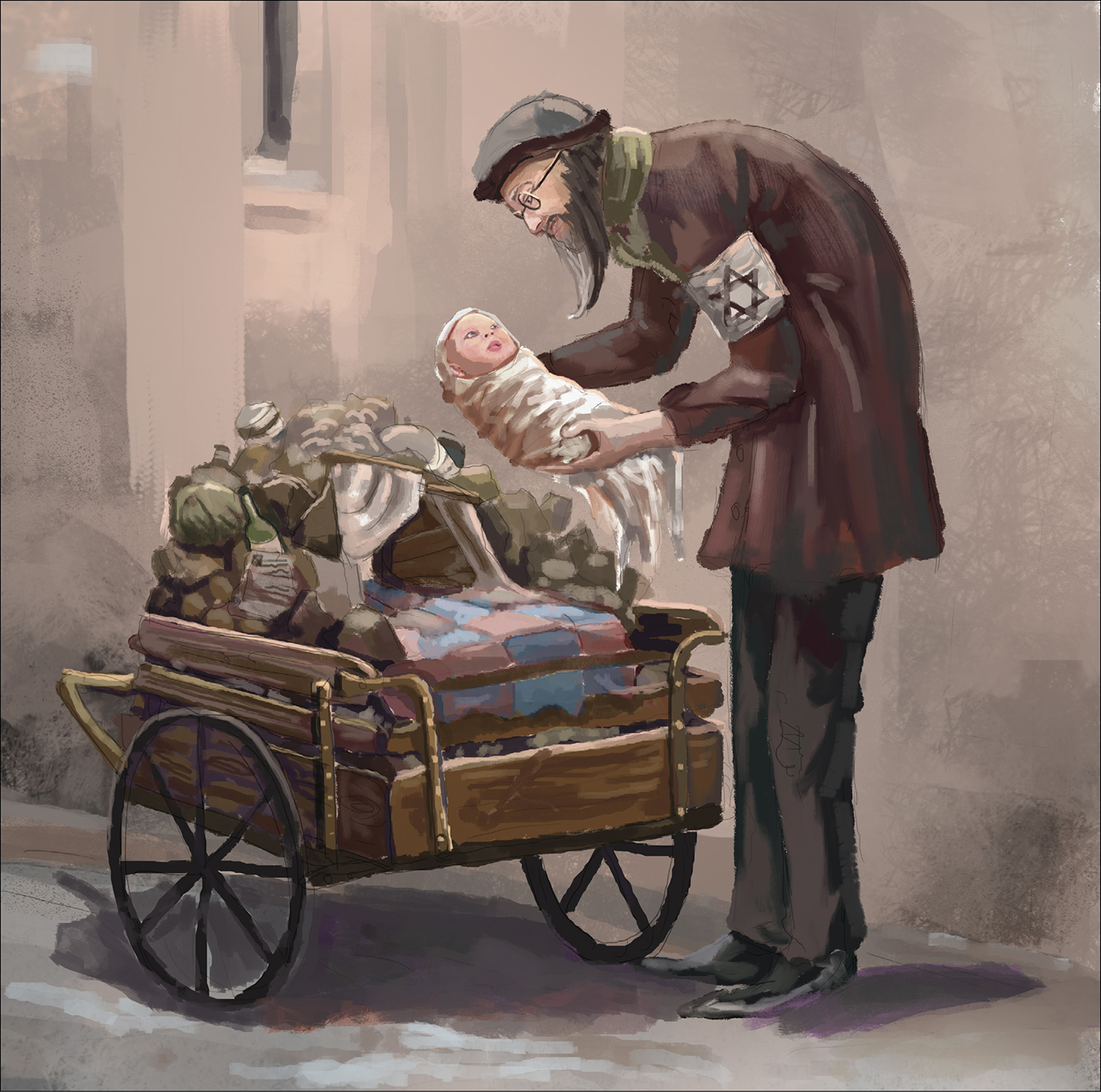Otwock, Poland, 1917
Irena noticed things.
She noticed that some people were treated differently than others. Sometimes temple.
Irena heard the mean things that others said about the Jewish people. Most people in her neighborhood stayed away from the Jewish neighborhoods. Irena often played with the Jewish children.
Papa, Irena asked, Are some people really better than others?
Irena, her beloved father said, There are two kinds of people in this world, good and bad. It doesnt matter if they are rich or poor, what religion or race. What matters is if they are good or bad.
Irenas father died when she was only 7 years old. But his wise words did not die with him. They lived on in Irenas heart.
Warsaw, Poland, 1940
Irena wanted to be a good person.
To help poor families in Warsaw, she took a job as a social worker.
In 1939 Germany had invaded Poland. Germanys leader, had begun.
Im here to give people Warsaw Ghetto. By 1940 Germans had forced almost 500,000 Polish Jews to move into this space within the city. It was less than 2 square miles (5.2 square kilometers). A tall brick wall topped with barbed wire and shards of glass surrounded the ghetto. The Germans had told the Polish people a liethey were not allowed to enter the ghetto because theyd catch diseases.
Go in, said the soldier. We dont want sickness spreading outside these walls.
Irena was frightened at first, but she had seen how badly the treated the Jews. She was worried about all of the people trapped in the ghetto simply because of their religion.
Miss, do you have any food? a child called to Irena.
My baby is sick, a woman pleaded. Please, can you help?
There are so many people in need, thought Irena. What can one person do?
Irena thought of something her father had told her. When someone is drowning, he had said, give him your hand.
The children are hurting the most, she decided. I have to give them a helping hand.
Irena talked to friends she could trust.
We can sneak food and medicine into the ghetto, Irena told them, if we are very careful.
It will be dangerous, said her friend Jaga Piotrowska. If the Nazis catch us, they may kill us.
So, will you do it? Irena asked.
Of course, Jaga responded.
Irena and her helpers bravely began sneaking food, medicine, and other aid into the ghetto. But soon their mission became more urgent and even more dangerous.
Starting in July 1942, German soldiers forced more than 6,000 Jewish people per day into cattle cars on trains. The Jews had no idea where they were going. The trains took them to Treblinka, a place where the Nazis would put them to death.
Irena organized.
Irena had many helpers. One was a truck driver named Antoni. He was allowed to drive the truck in and out of the ghetto. The first time he and Irena tried to sneak out a baby in the truck, the baby cried. The German soldiers at the gate almost caught them.
The next time Irena brought a child to the truck, she found a surprise. There was a large dog in the front seat!
This is Shepsi, Antoni said. Shes quite talented and is well trained. We dont need to worry about the baby in the back crying, he whispered.
The truck inched its way to the border gate and stopped. From the back, the baby began to wail. The guard came closer.
Oh, no! thought Irena. Surely we will be caught!
Just then Antoni tapped Shepsis paw. The big dog began barking, which made the soldiers dogs bark too. The loud dogs drowned out the babys cries, and the guard let the truck pass through the ghetto gates.
July 18, 1942
Irena knocked on a door.
When the door opened, she took a deep breath and walked in. It is time, she said.
Henia Koppel gently placed her baby girl into Irenas carpenters toolbox. Irena looked down at baby Bietaher innocent face, her tiny body snuggled into the blanket she was wrapped in. The baby smiled. Irena put a dropper of medicine into Bietas mouth to make her sleepy. She fixed the blanket, making sure the boxs air holes were clear.
As Irena began to close the box, the babys grandfather quickly slipped something inside. It was a small silver spoon marked with the babys name and birthday: Elzbieta, 5 January 1942.
A gift from her Momma and Poppa, he said, wiping tears from his eyes.
Irena took a deep breath. She stepped out into the .
Irena knocked on more doors.
Please let your child go with me, Irena begged. I will do my best to save him.
What promise can you give us that our child will live? the parents asked Irena.
I can only guarantee that if your child stays here, he will die, Irena answered.
When the parents agreed to let their child go, Irena had to make a decision. What was the best way to rescue this child?
Your child is small, Irena told the parents of the youngest ones. We will smuggle her out
inside a potato sack, hidden in a coffin,
or underneath the trash in a cart.
Irena spoke directly to the older children she rescued.
Be brave, she said. From this moment, your name is not Isaac. It is Piotr. Say your new name over and over, until you believe you are Piotr. Then you must quickly memorize the Lords Prayer. You are now a Catholic child.
Piotr learned and practiced the Lords Prayer, making the sign of the cross as he spoke it.
Good, said Irena. Now you are ready. Follow me.
They hurried into the courthouse that straddled the border of the ghetto. Irena made Piotr change out of his old clothes and into new, fresh ones. Then they walked through the back door, which led outside the ghetto to safety.


